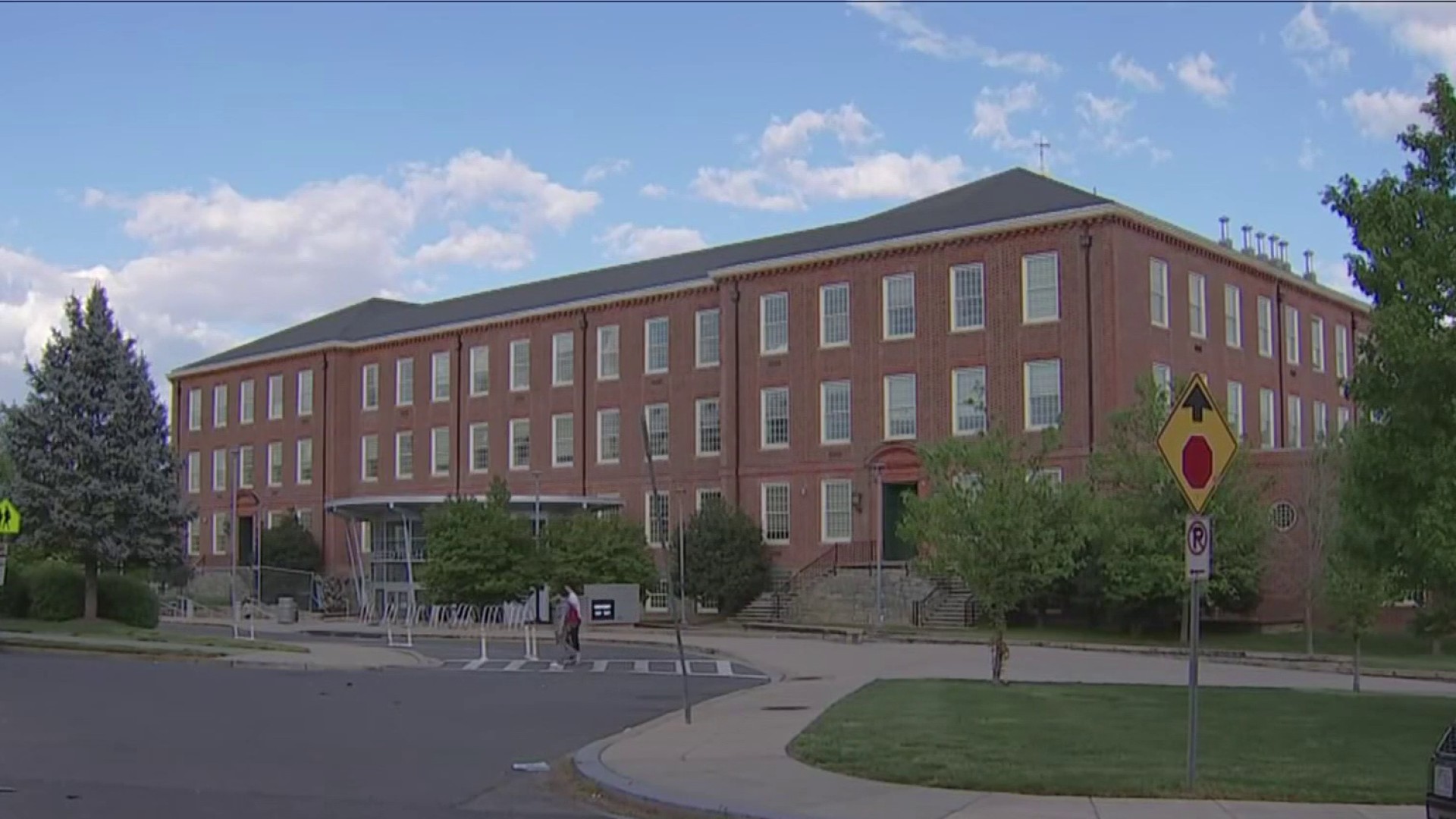A local environmental group is calling on the U.S. Army Corps of Engineers to investigate an alleged illegal discharge it says is spilling from a water treatment plan.
The Potomac Riverkeeper Network, which monitors the river, says the discharges, which members captured on video, have happened several times so far this year. They've now filed a criminal complaint with the Environmental Protection Agency.
“It’s not like this is just some storm water trickling out," the group's Dean Naujoks said. "These are large volumes of wastewater being discharged into Little Falls Branch and there’s no permit to do it."
The organization says the discharges are from the Washington Aqueduct in Northwest Washington into Little Falls Branch in Bethesda, Maryland. The discharges were first discovered in January and have continued to happen, the Potomac Riverkeeper Network said.
We're making it easier for you to find stories that matter with our new newsletter — The 4Front. Sign up here and get news that is important for you to your inbox.
They want the U.S. Army Corps of Engineers, which operates the aqueduct, to take action, especially because the aqueduct supplies drinking water to more than a million people.
In a statement to News4, the Army Corps of Engineers acknowledged that a power failure is responsible for recent overflows into Little Falls Branch and said they are looking into the cause of the power failure. Their investigation will be reported to the Maryland Department of the Environment, they said.
They deny, however, that they're responsible for similar overflows reported in January.
Local
Washington, D.C., Maryland and Virginia local news, events and information
The Potomac Riverkeeper Network does not know what exactly is in the discharge they describe as brown and muddy. They want an investigation and to put an end to it.
“This is an unauthorized discharge from an un-permitted outfall. It’s illegal under the Clean Water Act, and we want some kind of accountability, we want some kind of enforcement, we want these discharges to stop,” Naujoks said.



